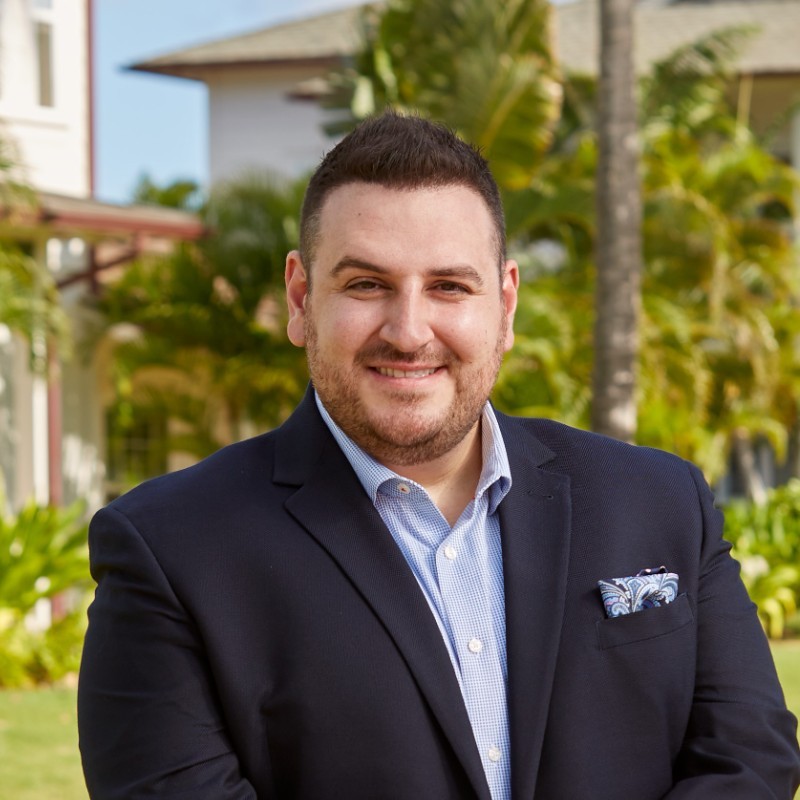The reverse mortgage business is reckoning with sharply reduced volume, higher interest rates and inflation, and there are other major changes happening to the business as well. Those changes include the exit of a major lender from the space and the consolidation of two larger players — both of which have made big splashes in the reverse mortgage industry. Omar Ennabe, co-founder and branch manager of Orange, Calif.-based Ennkar, recently sat down for an episode of The RMD Podcast to discuss how these larger trends are impacting his business and the reverse mortgage industry.
Industry exits and consolidation
The exit of Reverse Mortgage Funding (RMF) and the consolidation of leading lenders indicates an increase in strength among its biggest players. There is some truth to the idea, however, that these moves may also help emphasize his company’s strengths, Ennabe said.

“The big guys just got bigger,” Ennabe said. “With the absorption of a lot of the RMF staff to Mutual of Omaha, they increased their size. And then with American Advisors Group merging with Finance of America Reverse, they’ve increased their size significantly. So, I would say Goliath just got even bigger in that sense. But, I think the one advantage that we have as smaller players in the space is that it’s a lot easier to navigate through rough terrain or unfamiliar territory.”
There’s an old adage that says it’s a lot easier to turn a speedboat than a cruise ship, and Ennabe believes that the company’s small size helps Ennkar to be nimble when necessary.
“That’s the one advantage that we have,” he said. “This is unfamiliar territory between a global pandemic, these record levels of inflation and interest rate hikes. So, I think that as we move forward, the advantage for the smaller players in this space — and I still consider myself a smaller player than the top five big companies out there — is that it’s a little bit easier to navigate.”
The greater ease comes from freedom to implement changes quickly compared to larger players in the space, he said.
“Through these unfamiliar territories, we can implement changes a lot faster, we can change our marketing a lot quicker,” Ennabe said. “So. I think that that’s one of the changes that that we’d like to make this year to take advantage of these new market conditions.”
Need for innovation
In spite of the turbulence, Ennabe believes that the reverse mortgage value proposition is just as potent as it was during the height of the refi boom. Other issues are making the pitch more challenging, however.
“I think the value proposition remains the same and that there’s still a ton of benefit for seniors to use equity versus using cash to pay for your expenses or to live a better retirement,” he said. “However, what has happened is that with rising rates, it’s significantly lowered the principal limit across the board for all clients. So, that means less people qualify and that there’s less money to lend out.”
That doesn’t do much to impact the value proposition for the borrowers who qualify, however.
“If anything, it’s stronger now,” Ennabe said. “Things are more expensive, and peoples’ equity has gone way up. […] Home values have actually stayed pretty steady, and haven’t crashed like everyone anticipated last year. So, I think that this is a dream scenario.”
However, Ennabe said the shortcomings exacerbated by the current climate put the focus on what the industry has room to improve: product innovation.
“I do think that we, as an industry, need to innovate,” he said. “I just got off a call with FAR that’s coming out with a HomeSafe Second, a second mortgage. I think that’s pretty innovative, and I think the FHA can do some stuff to make the product a little bit easier to qualify for.”
More that can be done
Ennabe said the industry should lobby the Federal Housing Administration (FHA) to make changes to the Home Equity Conversion Mortgage (HECM) program, which comprises the vast majority of industry volume.
“For example, I think we should all lobby the FHA to allow us to pay off debt to qualify for the loan,” he said. “That would help, and every other loan that I can think of allows you to pay off debt to qualify except for the reverse mortgage, the HECM.”
Increasing principal limits would also be a welcome change, he said, since the health of the Mutual Mortgage Insurance (MMI) Fund has improved a lot over the past two years. According to Ennabe, the discussions would help to solidify a reverse mortgage’s value proposition for senior clients.



